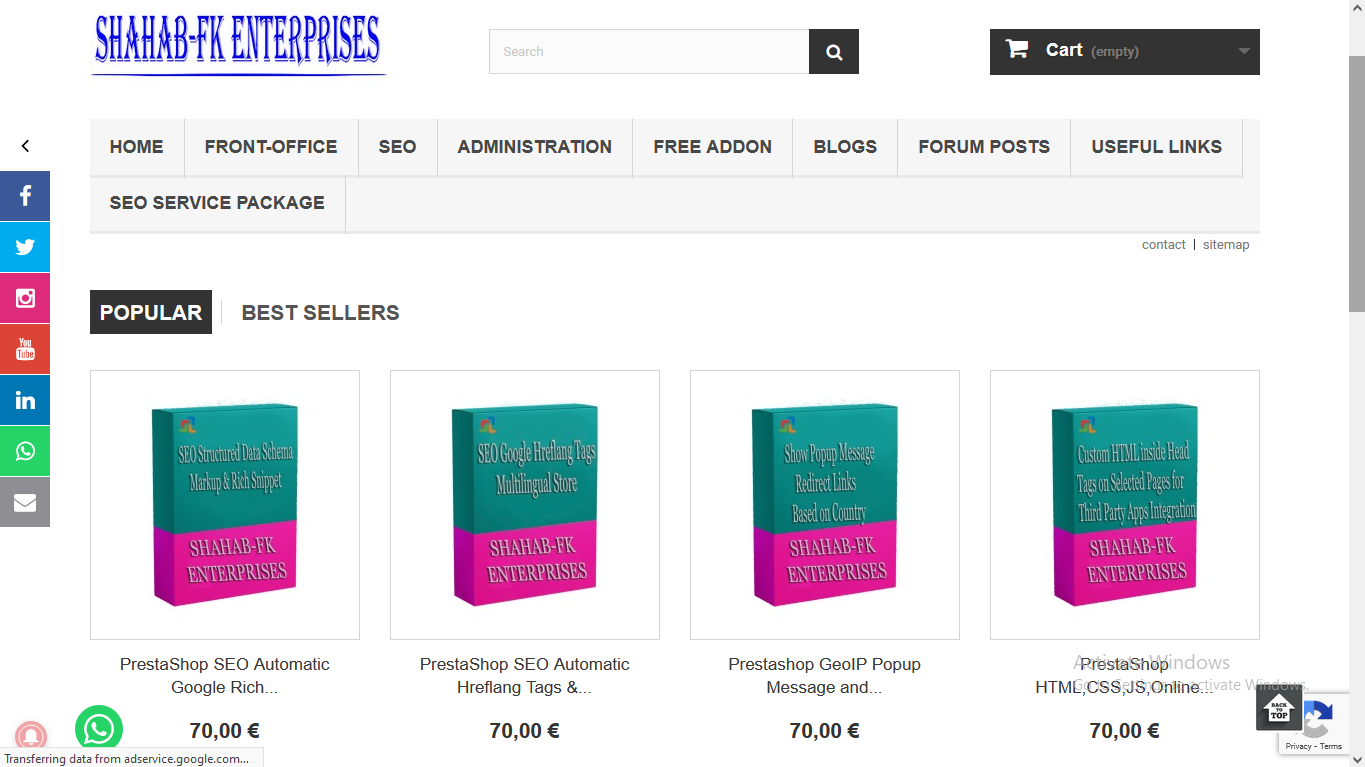Implementing **Schema JSON**, **Hreflang**, and **Indexing API** on your website can significantly enhance its performance, visibility, and user experience. Here’s a breakdown of their benefits:
—
### **1. Schema JSON (Structured Data)**
Schema markup is a form of structured data that helps search engines understand the content and context of your website. It uses a standardized format (JSON-LD) to provide additional information about your pages.
#### **Benefits:**
– **Improved Search Engine Understanding:** Helps search engines better interpret your content, leading to more accurate indexing.
– **Rich Snippets:** Enables rich results in search engines (e.g., star ratings, product prices, event dates), which can improve click-through rates (CTR).
– **Enhanced Visibility:** Increases the likelihood of your content appearing in featured snippets, knowledge panels, and other SERP enhancements.
– **Voice Search Optimization:** Structured data helps voice assistants like Google Assistant and Alexa understand and retrieve your content more effectively.
– **Competitive Edge:** Websites with schema markup often rank higher than those without, as they provide clearer signals to search engines.
—
### **2. Hreflang**
Hreflang is an HTML attribute used to specify the language and regional targeting of a webpage. It helps search engines serve the correct version of your content to users based on their language and location.
#### **Benefits:**
– **Improved User Experience:** Ensures users are directed to the most relevant version of your website in their preferred language or region.
– **Avoids Duplicate Content Issues:** Helps search engines understand that multiple language or regional versions of a page are not duplicates but targeted variations.
– **Better Local SEO:** Enhances your website’s visibility in local search results by targeting specific regions or languages.
– **Increased Traffic:** By serving the right content to the right audience, you can attract more qualified traffic.
– **Global Reach:** Essential for multilingual or multinational websites to effectively target diverse audiences.
—
### **3. Indexing API**
The Indexing API (e.g., Google Indexing API) allows you to notify search engines about new or updated content on your website, ensuring faster indexing.
#### **Benefits:**
– **Faster Indexing:** Submits new or updated pages directly to search engines, reducing the time it takes for them to appear in search results.
– **Real-Time Updates:** Ensures that time-sensitive content (e.g., news articles, job postings, events) is indexed quickly.
– **Improved Crawl Efficiency:** Helps search engines prioritize your most important pages, reducing crawl budget waste.
– **Better Visibility for Fresh Content:** Ideal for websites with frequently updated content, such as blogs, news sites, or e-commerce platforms.
– **Automation:** Can be integrated into your CMS or workflow to automatically notify search engines of changes, saving time and effort.
—
### **Combined Benefits**
When used together, these tools create a powerful synergy:
– **Schema JSON** helps search engines understand your content.
– **Hreflang** ensures the right audience sees the right version of your content.
– **Indexing API** ensures your content is indexed quickly and efficiently.
This combination leads to:
– Higher search rankings.
– Improved user experience.
– Increased organic traffic.
– Better global and local reach.
– Faster content discovery and indexing.
By implementing these technologies, you can optimize your website for both search engines and users, ultimately driving more traffic and achieving your business goals.

